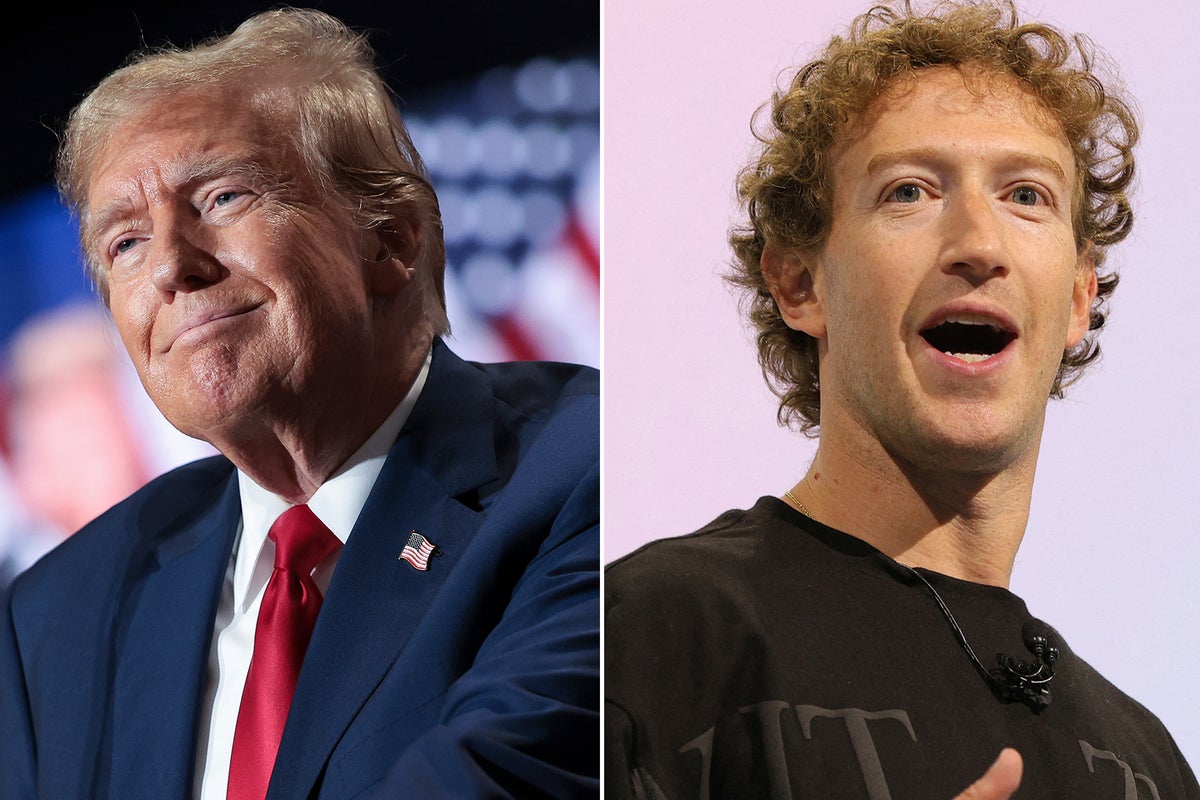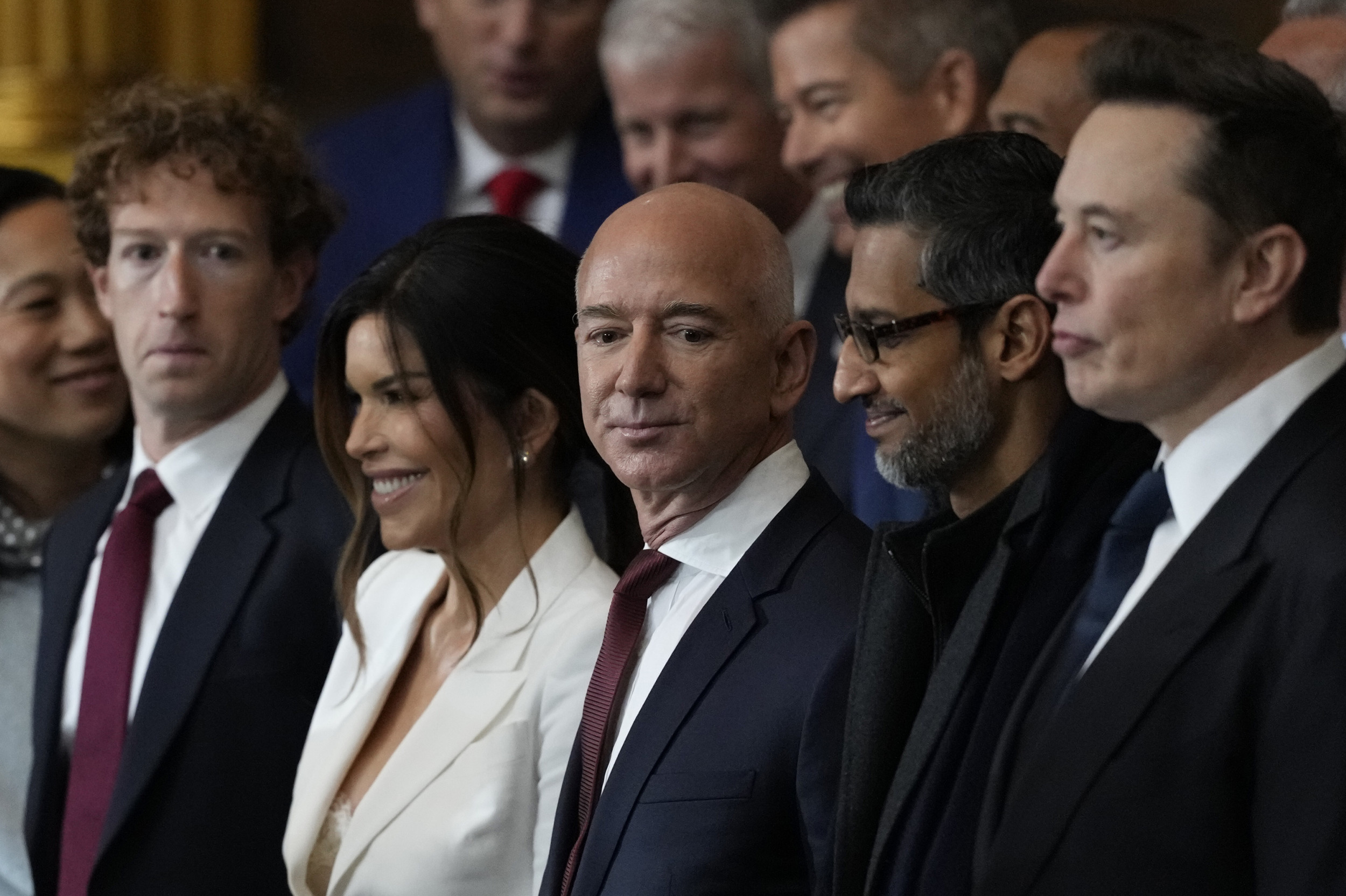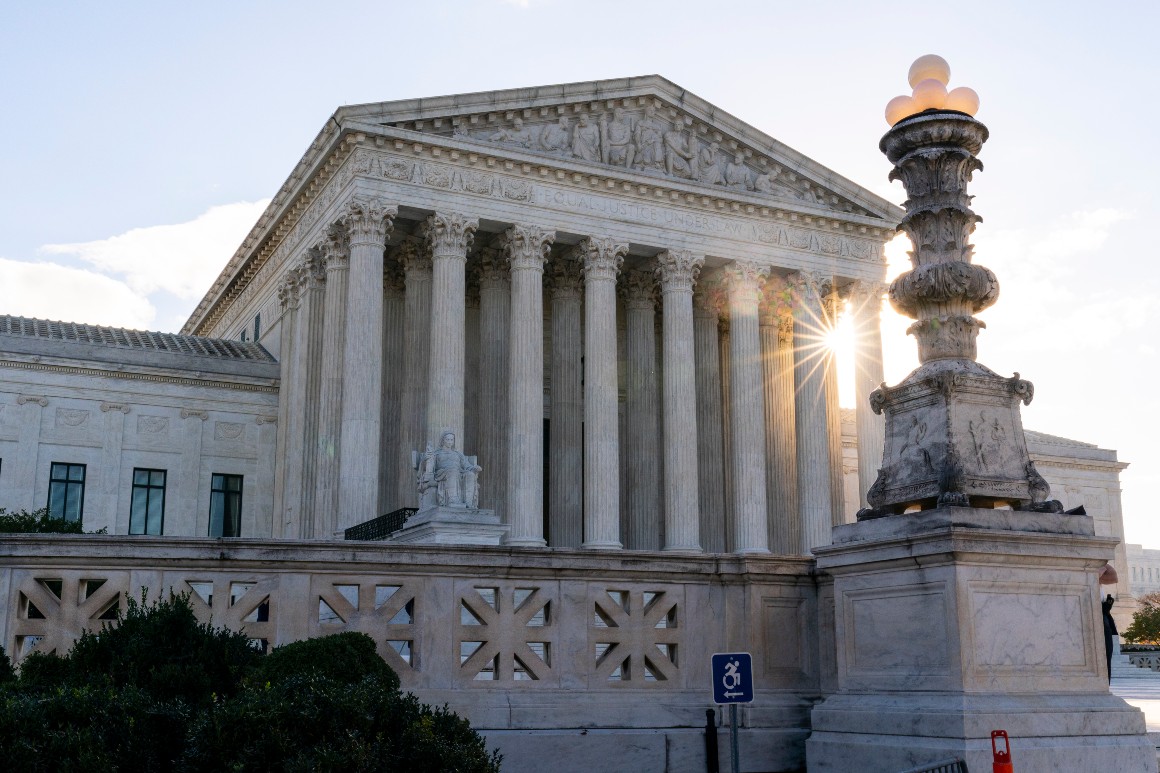Zuckerberg And The Trump Administration: A New Era For Meta

Table of Contents
The Rise of Misinformation and Political Advertising During the Trump Presidency
The Trump era witnessed an unprecedented surge in misinformation and the weaponization of social media for political purposes. This created a perfect storm for Meta, thrusting it into the heart of intense public and political debate.
Increased Scrutiny of Meta's Role in Spreading Misinformation
Meta's platforms became breeding grounds for controversy. The spread of fake news, foreign interference in elections (most notably the 2016 US Presidential election), and the proliferation of extremist ideologies drew significant criticism.
- Cambridge Analytica Scandal: This scandal highlighted the vulnerability of user data and its potential misuse for political manipulation.
- Russian Interference in the 2016 Election: Investigations revealed the use of Meta's platforms to spread disinformation and sow discord during the election.
- Meta's Responses: While Meta implemented measures to combat misinformation, including fact-checking initiatives and account suspensions, their effectiveness remained a subject of ongoing debate and criticism. Critics argued that these measures were insufficient to address the scale of the problem.
The Debate Surrounding Political Advertising Regulations
The Trump presidency amplified the debate surrounding political advertising regulations on social media platforms. The question of how to balance free speech principles with the need to prevent misinformation and manipulation became a central point of contention.
- Arguments for Stricter Regulations: Proponents argued for greater transparency and accountability in political advertising, emphasizing the potential for manipulation and the spread of false information.
- Arguments Against Stricter Regulations: Opponents expressed concerns about censorship and the potential for government overreach, arguing that stricter regulations could stifle free speech.
- Meta's Policies: Meta implemented various policies regarding political advertising, including increased transparency requirements and efforts to identify and remove misleading content. However, the effectiveness of these policies was constantly challenged.
Zuckerberg's Testimony Before Congress and the Shifting Public Perception of Meta
Mark Zuckerberg's multiple appearances before Congress during the Trump era became defining moments in the relationship between Meta and the government. These hearings intensified scrutiny of Meta's practices and significantly impacted its public image.
Key Moments from Zuckerberg's Congressional Hearings
Zuckerberg faced intense questioning regarding data privacy, misinformation, and the company's responsibility in shaping public discourse.
- Challenging Questions: Senators and Representatives relentlessly questioned Zuckerberg about the company’s role in the spread of misinformation and its handling of user data.
- Zuckerberg's Responses: His responses often drew criticism, with some perceiving them as evasive or insufficient.
- Impact on Public Image and Stock Price: The hearings negatively affected Meta's public image and, to some extent, its stock price, fueling a period of intense public distrust.
The Evolving Relationship Between Meta and Government Regulators
The Trump administration’s approach to tech regulation significantly impacted Meta’s relationship with government agencies like the Federal Trade Commission (FTC).
- Regulatory Actions: The FTC launched investigations into Meta's business practices, resulting in substantial fines and legal challenges.
- Meta's Lobbying Efforts: Meta engaged in significant lobbying efforts to influence legislation and regulatory decisions, highlighting the intense political battles surrounding the company's operations.
The Impact of Section 230 and its Potential Repeal
Section 230 of the Communications Decency Act played a crucial role in shaping the legal landscape for online platforms like Meta. The debate over its repeal intensified during the Trump presidency.
- Arguments for Repealing Section 230: Proponents argued that it shielded online platforms from liability for user-generated content, enabling the spread of harmful material.
- Arguments Against Repealing Section 230: Opponents warned that repealing Section 230 could stifle free speech and innovation online.
- Meta's Position: Meta publicly expressed its support for Section 230, emphasizing its importance for protecting free speech and fostering online innovation.
Meta's Strategic Shift Following the Trump Administration
The pressures faced during the Trump era spurred a significant strategic shift within Meta.
Focus on Privacy and Data Security
Facing intense criticism and regulatory pressure, Meta invested heavily in enhancing user privacy and data security.
- Changes to Privacy Policies: Meta implemented various changes to its privacy policies, aiming to offer users greater control over their data.
- Effectiveness of Changes: The effectiveness of these changes remains a subject of ongoing debate, with ongoing concerns about data collection and usage.
Investments in Emerging Technologies
Meta's strategic shift included a significant investment in emerging technologies, reflecting a move beyond its core social networking business.
- Metaverse Investments: The company heavily invested in building the metaverse, a virtual world where users can interact and engage.
- AI and AR Investments: Meta also invested heavily in artificial intelligence (AI) and augmented reality (AR) technologies, seeking new avenues for growth and innovation.
- Long-Term Implications: These investments represent a significant bet on the future, aiming to position Meta as a leader in these emerging technologies.
Conclusion: A New Era for Meta – Looking Ahead
The Trump administration's impact on Meta was profound and far-reaching. The relationship between Zuckerberg and the Trump administration shaped the company's trajectory, forcing it to grapple with issues of misinformation, political advertising, data privacy, and government regulation. The resulting strategic shifts, including a greater emphasis on privacy and investment in emerging technologies, have defined a "new era" for the company. However, challenges remain, including ongoing regulatory scrutiny and the need to maintain public trust. To understand the ongoing evolution of Meta and its place in the digital landscape, further research and discussion on "Zuckerberg and the Trump Administration" are crucial. Continue exploring this vital relationship and its profound implications for the future of Meta and the wider tech industry.

Featured Posts
-
 The Zuckerberg Trump Dynamic Impact On Tech And Politics
Apr 22, 2025
The Zuckerberg Trump Dynamic Impact On Tech And Politics
Apr 22, 2025 -
 5 Dos And Don Ts For Landing A Private Credit Job
Apr 22, 2025
5 Dos And Don Ts For Landing A Private Credit Job
Apr 22, 2025 -
 Trump Supporter Ray Epps Defamation Lawsuit Against Fox News Jan 6 Falsehoods Alleged
Apr 22, 2025
Trump Supporter Ray Epps Defamation Lawsuit Against Fox News Jan 6 Falsehoods Alleged
Apr 22, 2025 -
 Ryujinx Emulator Shut Down Following Nintendo Contact
Apr 22, 2025
Ryujinx Emulator Shut Down Following Nintendo Contact
Apr 22, 2025 -
 Supreme Court Obamacare Case Trumps Role And Potential Impact On Rfk Jr
Apr 22, 2025
Supreme Court Obamacare Case Trumps Role And Potential Impact On Rfk Jr
Apr 22, 2025
